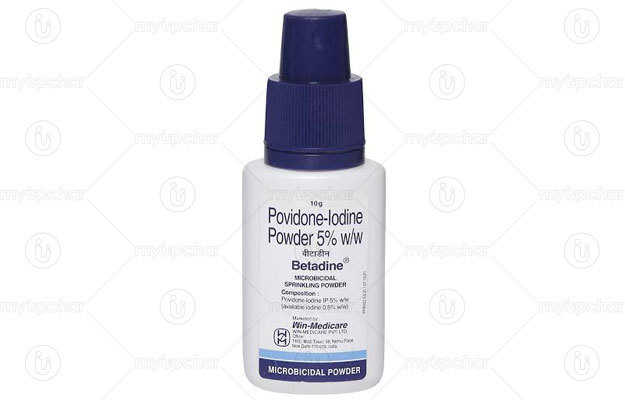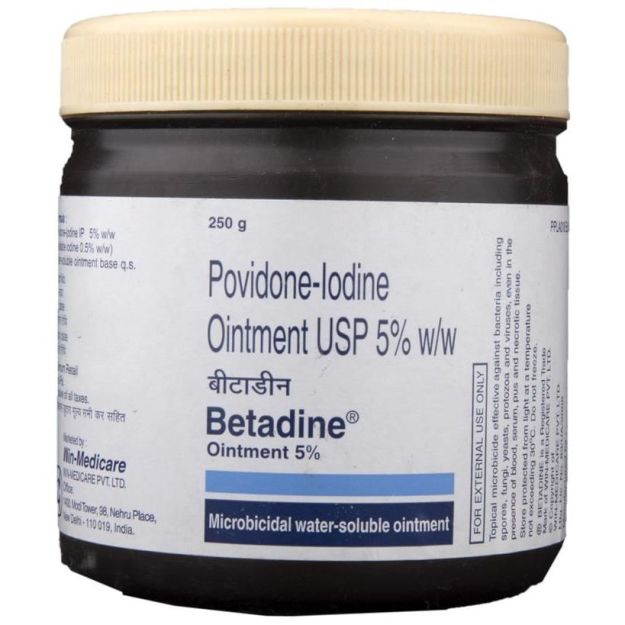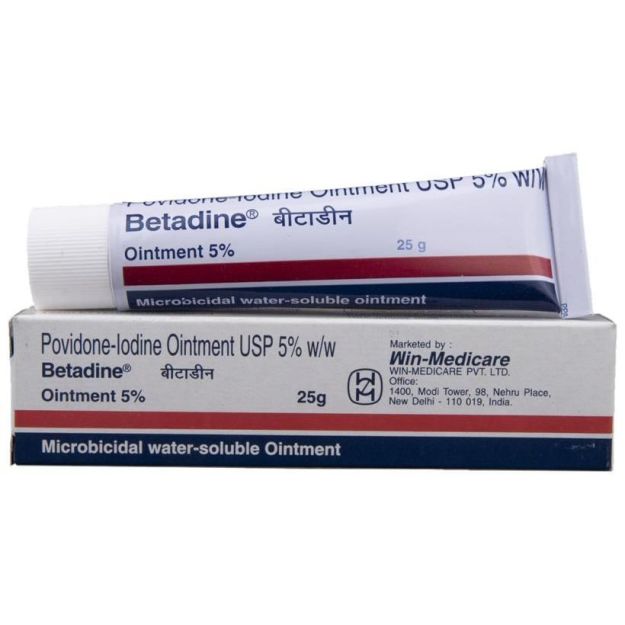Ovidine 5% Ointment, a prescription drug, is manufactured in various forms such as Ointment. It is typically used for the treatment of Infections, Open Wound. Other than this, Ovidine 5% Ointment has some other therapeutic uses, which have been discussed ahead.
Medical history of the patient along with age and gender determines the dosage of Ovidine 5% Ointment. The condition it has been prescribed for, and the route of administration also determine the right dosage. Refer to the dosage section for a detailed discussion.
While these are the most often observed Ovidine 5% Ointment side effects, there are can be others also. These have been listed below. Usually, these side effects of Ovidine 5% Ointment go away soon, and do not persist beyond the duration of the treatment. If, however, they worsen or do not go away, please speak with your physician.
In addition, Ovidine 5% Ointment's effect is Moderate during pregnancy and Moderate for lactating mothers. Further, the section on Ovidine 5% Ointment related warnings talks about Ovidine 5% Ointment's effects on the liver, heart and kidney.
Ovidine 5% Ointment is not recommended if you suffer from certain medical conditions as it can have adverse effects. Drug Allergy are examples of such conditions. Other conditions have been mentioned below in the Ovidine 5% Ointment contraindications section.
Additionally, Ovidine 5% Ointment may also adversely react with other medicines. See below for a complete list.
In addition to the above precautions for Ovidine 5% Ointment, it is important to know that it is safe while driving, and is habit-forming.
X















